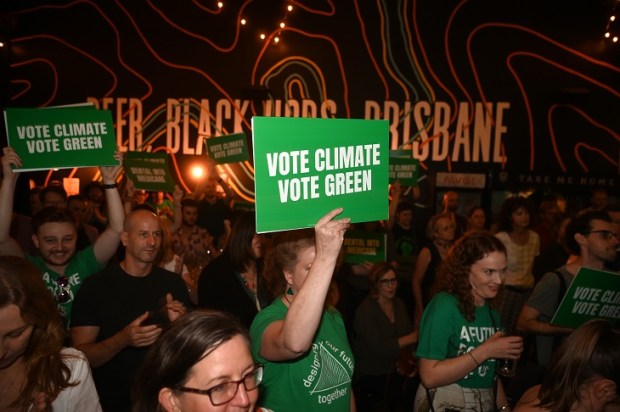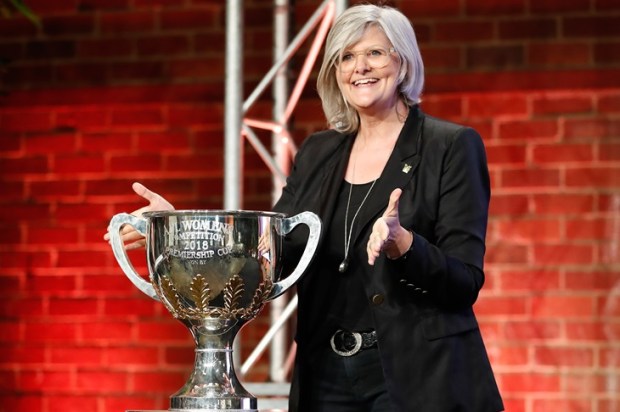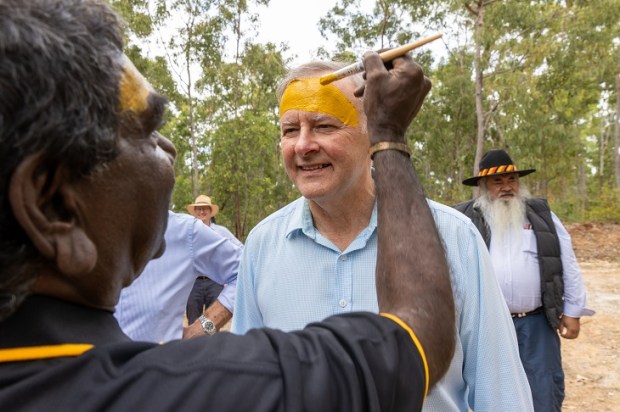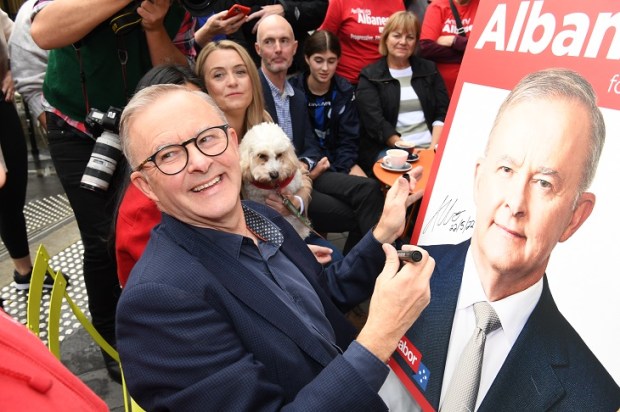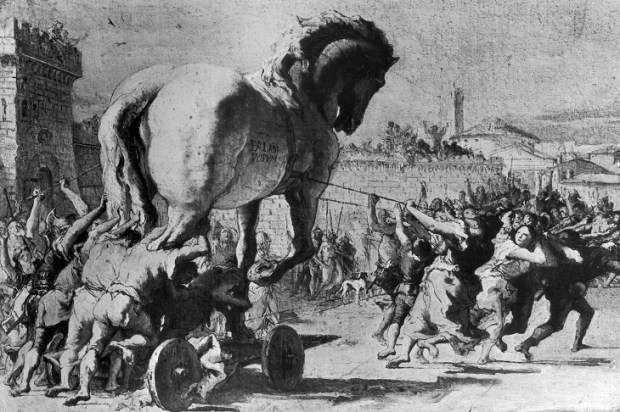How I would love to live in an Australia that advances fairly…
Imagine the progress for common good to be made in a country where all are treated equally, and where a person’s background does not automatically carry prejudice. Contemplate, if you will, what it says for the maturity and civility of a nation when such things as a person’s race, culture, or spiritual practices do not cause them to be targeted for state surveillance and heavy-handed interference in their lives.
Only the most avowed bigots and authoritarians could object to such lofty goals!
On the political front, the Labor Party’s signature social policies get passed off as bringing this utopian future one step closer, with those who disagree with their mission branded as being out of step with modern society.
Why, then, is Labor hellbent on enshrining a measure in the Constitution that will forever solidify government interventionism towards Aboriginal Australians?
Prime Minister Anthony Albanese has not even troubled to hide what the Aboriginal Voice to Parliament foreshadows. Over and over, he has made statements such as:
‘If the proposition is where matters affect Aboriginal and Torres Strait Islander people, then those people, First Nations people, should be consulted on it…’
And:
‘For 120 years since we federated we’ve had the Australian government do things for Aboriginal and Torres Strait Islander people, often with the best of intentions … this idea is pretty simple – that we will do it with Aboriginal and Torres Strait Islander people.’
And:
‘…good manners say that if you have an issue that affects directly the health, education, housing, the lives of First Nations people you should consult them.’
The prognosis could not be more barefaced: Labor expects the Parliament to forever have to make laws that specifically target Aboriginal Australians because it anticipates that Aboriginals will always require different oversight to other Australians. Talk about low expectations.
Arguments that the Voice will confer special privileges upon Aboriginals are wrong. The Voice will do the exact opposite, casting Aboriginals as being perpetually in need of government administration on the basis of their race. If the Labor Party believed otherwise, or had any real faith in Aboriginal Australians, it would be fighting to remove racial power from section 51 of the Constitution. Instead, it wants to gild that power with pinch-beck progressiveness.
So, why is nobody asking the obvious question: how is it acceptable to assume that in 21st century Australia, one particular racial group should continue, in perpetuity, to be subject to government paternalism?
It seems that the sanctimonious posers who fervently support the Voice have decided to overlook this fact, or are simply so intoxicated on their own feel-good miasma that they see only benefits to what they are championing. If any of those morally upright commentators have recognised that what they are really advocating for is a continuation of what they claim to despise, they have certainly stayed silent about it.
While being the first to denounce as racist such policies as the Northern Territory Intervention, they appear supremely untroubled to support Constitutional change that embeds in the very founding fabric of the Australian Federation both the blessing and imperative to continue to make race-based laws. No amount of tarting it up as ‘consultation’ or ‘good manners’ changes that.
And what about the Aboriginal-identifying rent-seekers who extol the Voice, seeing in it a never-ending gravy train for themselves and their cronies? How dare they condemn ‘their’ people to a future in which Aboriginality is unendingly treated as something that drops one group of people firmly in the category of ‘needing’ government intervention in their lives, never permitting them to be seen as fully equal to every other Australian.
There is no denying that a proportion of Aboriginal Australians experience horrific, chronic disadvantage. But so, too, do a proportion of non-Aboriginal Australians. To anyone possessing the wherewithal to be able to see past skin colour, it is apparent that the methods of alleviating disadvantage look remarkably similar across different racial lines.
It is right to expect parliamentarians to concern themselves with creating better lives for all Australians – Aboriginal and non-Aboriginal alike. Any decent person should want an end to the cycle of human misery that sees children grow up neglected and abused where adults are self-medicating with alcohol and drugs, and dysfunctional families are left to live in squalor. Solving these problems requires a deep understanding of the human condition and serious policy work that will take time – generations, most probably – to bear returns.
In the face of such long-term commitment, it is no wonder that inept politicians prefer, instead, to uphold simple racism. But a racial lens that refuses to accept even the possibility of Aboriginal Australians ever reaching the same standing as non-Aboriginal Australians will only entrench the harms of helplessness and lack of self-determination that it purports to fix. Who in their right mind would vote yes to that?
Lillian Andrews writes about politics, society, feminism and anything else that interests her. You can find her on Twitter @SaysAwfulThings.


